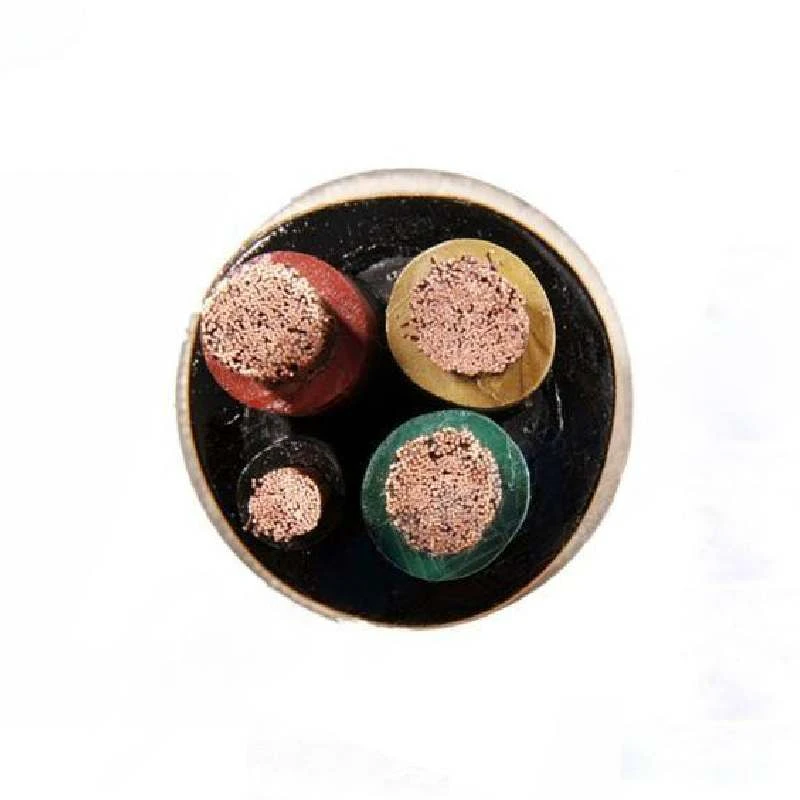10 月 . 09, 2024 11:07 Back to list
swing type check valve
Understanding Swing Type Check Valves Functionality and Applications
Swing type check valves are pivotal components in various piping systems, designed to prevent backflow and ensure unidirectional fluid movement. Their functionality is vital in various industries, including water treatment, oil and gas, and HVAC systems. This article delves into the structure, operation, advantages, and applications of swing type check valves.
What is a Swing Type Check Valve?
A swing check valve is a type of non-return valve that primarily uses a swinging disc or flap to control the flow of fluid. This valve opens when the fluid flows in the designated direction and closes when there is a reversal of flow, helping to eliminate the potential for backflow. The design allows for minimal resistance to flow in the forward direction, making it an efficient option for several applications.
How Does It Work?
The operation of a swing type check valve is relatively straightforward. When the fluid enters the valve from the inlet side, the pressure pushes the disc open, allowing flow to proceed. The disc swings on a hinge pin, which is securely mounted on the valve body. As the fluid continues to flow, the disc remains open due to the pressure. However, if there is a drop in pressure or a reversal of flow, the disc swings back against its seat due to gravity and the fluid's backflow force, effectively sealing off the valve and preventing reverse flow.
Advantages of Swing Type Check Valves
1. Low Pressure Drop Swing check valves are designed to create minimal resistance to flow. Their disc opens fully in the direction of flow, resulting in lower pressure drops, which is essential for maintaining system efficiency, especially in large pipelines.
2. Simple Design and Maintenance The simple design of swing type check valves, featuring fewer moving parts compared to other check valve designs, means they are easier to maintain and operate. Regular inspection and maintenance are necessary but often result in lower operational costs over time.
3. Automatic Operation Since these valves operate automatically based on fluid flow and pressure changes, there is no need for external power or control mechanisms, making them reliable and reducing the complexity of the system.
swing type check valve

4. Durability Made from various materials such as stainless steel, brass, and plastic, swing check valves offer significant durability and resistance to corrosion and wear, extending their service life even in harsh environments.
Applications of Swing Type Check Valves
Swing type check valves are utilized in numerous applications across different industries
1. Water Supply Systems In water distribution and sewage treatment systems, these valves prevent backflow that could contaminate potable water supplies or disrupt treatment processes.
2. Oil and Gas Pipelines In the oil and gas industry, swing check valves are essential in pipeline systems to prevent backflow that could cause pressure imbalances or damage equipment.
3. HVAC Systems In heating, ventilation, and air conditioning applications, these valves regulate fluid flow to various components, ensuring efficient operation and preventing potential damage from backflow.
4. Fire Protection Systems In fire suppression systems, swing check valves help maintain the integrity of water supply lines while preventing backflow that could disrupt the system’s response during an emergency.
5. Industrial Processes Many manufacturing and processing plants use them in various fluid handling applications, ensuring that processes remain efficient and safe from contamination.
Conclusion
Swing type check valves are essential in managing fluid flow and preventing backflow in various systems. Their simple yet effective design, combined with their numerous advantages, makes them a preferred choice across multiple industries. Understanding their functionality, advantages, and applications helps engineers and operators select the right valve for their specific needs, ensuring efficient and safe operations in fluid management systems. Whether in water treatment, oil and gas, or HVAC, swing type check valves play an indispensable role in maintaining the integrity and efficiency of fluid transport systems.
Share
-
Understanding the Differences Between Wafer Type Butterfly Valve and Lugged Butterfly ValveNewsOct.25,2024
-
The Efficiency of Wafer Type Butterfly Valve and Lugged Butterfly ValveNewsOct.25,2024
-
The Ultimate Guide to Industrial Swing Check Valve: Performance, Installation, and MaintenanceNewsOct.25,2024
-
Superior Performance with Industrial Swing Check Valve: The Essential Valve for Any SystemNewsOct.25,2024
-
Industrial Swing Check Valve: The Ideal Solution for Flow ControlNewsOct.25,2024
-
You Need to Know About Industrial Swing Check Valve: Functionality, Scope, and PerformanceNewsOct.25,2024